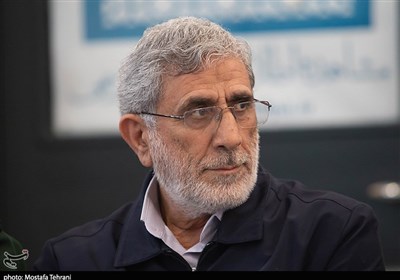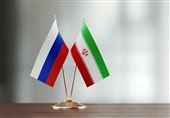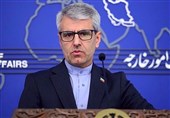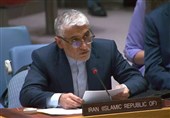Sudan Opens 'Humanitarian Corridor' for Famine-Hit S. Sudan
TEHRAN (Tasnim) – Sudan said Sunday it will open a "humanitarian corridor" for delivering food aid to thousands of people suffering from famine in South Sudan, which split from the north in 2011.
South Sudan, the world's youngest nation, has declared famine in parts of Unity State, saying 100,000 people face starvation and another million are on the brink of famine.
"The government of Sudan has agreed to open a humanitarian corridor for delivering aid to people affected by famine in Unity State and Bahr El Ghazal," the Sudanese Humanitarian Commission said in a statement, according to AFP.
The corridor will be used to deliver aid from the town of El-Obeid in central Sudan to Bentiu, a town in famine-struck Unity State, it said, adding that the Sudanese presidency had ordered the delivery of 10,000 tons of sorghum -- a staple food in the two countries -- through the corridor.
The United Nations welcomed Sudan's decision to open the aid corridor, saying it showed Khartoum's "commitment" to the people of South Sudan.
"This decision also comes at a critical time just before South Sudan's rainy season, which starts in May and usually renders these roads impassable," Marta Ruedas, UN resident and humanitarian coordinator in Sudan, said in a statement.
The new aid corridor will allow timely delivery of food and cut reliance on more expensive air operations, the UN said.
The World Food Program plans to deliver 11,000 tons of sorghum this week in seven convoys of trucks that is expected to feed 300,000 people for three months, it said.
At least 7.5 million people across South Sudan -- almost two thirds of the population -- need humanitarian assistance, the UN says.
Sudan is currently hosting more than 350,000 South Sudanese refugees, who have arrived since a brutal civil war erupted in their country in December 2013, according to the UN.
UN officials say tens of thousands more are expected to pour into Sudan in the coming months.
South Sudan's conflict broke out after President Salva Kiir accused his rival and former deputy Riek Machar of plotting a coup.
Aid groups have slammed the "man-made" famine caused by the conflict which has forced people to flee, disrupted agriculture, sent prices soaring and cut off aid agencies from some of the worst-hit areas.





